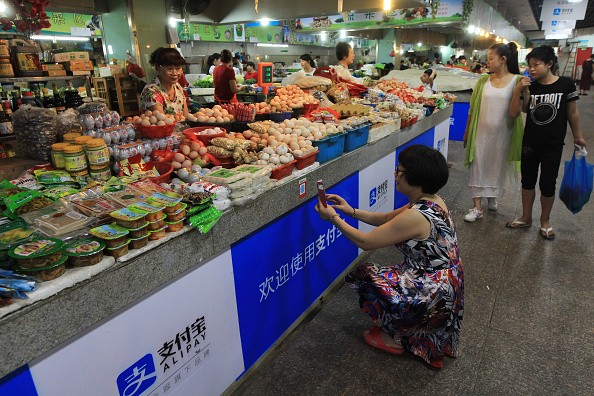According to a report by the China Internet Network Information Center, people have embraced the mobile Internet as a way of life as apps have made it easier to hail taxis, do takeout orders and pay utility bills.
The report said that China had more than 695 million mobile Internet users by the end of 2016. This is a 12 percent year-over-year increase, which accounts for 95 percent of the nation’s 731 million netizens.
"In major cities, it's common to see people go out to work or go shopping without taking their wallets. It seems everything you need in daily life can be done using a smartphone app," said Liu Xin, the director of the center's Internet development research department.
The report also indicated that there are about 469 million people who used mobile apps on payment services of different ranges in 2016. This includes buying moving tickets, paying credit card bills and booking fitness services.
Wang Xuning, an employee at an IT company, said: "I'm used to paying the fees on Alipay and WeChat. All I need to do is to transfer some money to my e-wallets on these apps and just click on my cellphone."
Despite the growth in numbers, some observers have voiced their concerns that the fast-evolving technology will present a challenge to a huge percentage of people that do not use mobile Internet.
It is said that there are approximately 642 million people in China that never accessed the Internet, 60 percent of which are from rural regions.
Yang Xiadong, a reasearcher at the National Institute of Strategic Communication of Peking University, said: "There are still many people who seldom use the Internet because of poor resources and education."
"Mobile device manufacturers and online service providers should develop more low-entry and easy-to-operate products for these people, while the government should also upgrade infrastructure and offer them better education," he added.




























